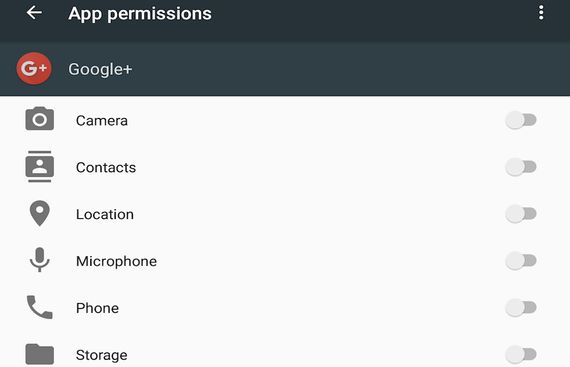5 App Permissions That Can Create a Digital Clone Version of You

Without any second thoughts, we grant permissions to the apps we install as a hurry to use the application and at this very moment, we lose the concern for the safety of our data. Upon downloading, post the installation process, various app permissions are asked by the application in order to work properly. Clicking on the ‘Allow’ button and granting the permissions is what people do generally as they don’t want to experience any fuss later while using the app. However, there are certain permissions that are very sensitive and needs to be reviewed before giving out the access.
It’s obvious these days that, the phone is the most personal tech device we own. It contains the private chats, knows where we were, keeps record of all the internet moves and when app permissions are asked, it’s really important to read out the tread cautiously. Let’s have a look at the five app permission requests we should know about.
- Camera
Many apps these days need this permission for legitimate reasons, usually to conveniently take pictures inside the app. With providing the access to the camera, the apps could click pictures whenever it wants and there are chances in which these photos can be uploaded to wherever the app wants. Cameras have huge potential these days and can harm instantly by sending across the photos to a third party company if the former company gets sold or shutdown.
- Contacts
Allowing the permission to access the contacts will help the apps to read, create or edit the contact list, as well as access the list of all the accounts used in the device (i.e. Facebook, Instagram, Twitter, Gmail, and more). Apps like Truecaller and others request for the contact permission and they can utilize the data to send our family members or others for promotional purposes.
- Microphone
Remember, if a gaming app requires microphone access, it’s understood that it’s for advertising. Approving the access, it uses the device’s microphone to identify the type of movies and TV shows to build a profile on for advertising. Even though, it’s not harmful as other permissions, but if an app has the ability to listen to what we’re doing it doesn’t feel safe.
- Location
Apps like Google Maps, Uber or Ola needs our location so it can give the directions, but gaming apps and others app requesting access for location can be solely understood that these are of advertisers. Learning more about the location and suggesting the nearby places for having food, doing shopping and more might be helpful. But, if at any time the good apps changes to be a bad one because of an acquisition, there are chances for them to get the location for various other purposes such as fraud and digital crimes.
- SMS
Perhaps, the most underestimated app permission from the above mentioned as this one can send tons of texts to anonymous numbers asking for money for gifts and all without the knowledge as they delete the texts so the user don’t see them. Also, these apps can retrieve the login codes as well as OTPs as well, which can affect the banking transactions as well.
It’s often noticed that, many apps asks permissions for features that are not related to what they’re providing. Most apps need permissions for advertising purposes. However, the upcoming Android release, Q is expected to resolve the ongoing loopholes but only if the users are using the latest version of Android. As security and privacy aspects are the main concerns of today’s world, companies are spending a lot for making the digital world better.

.jpg)

